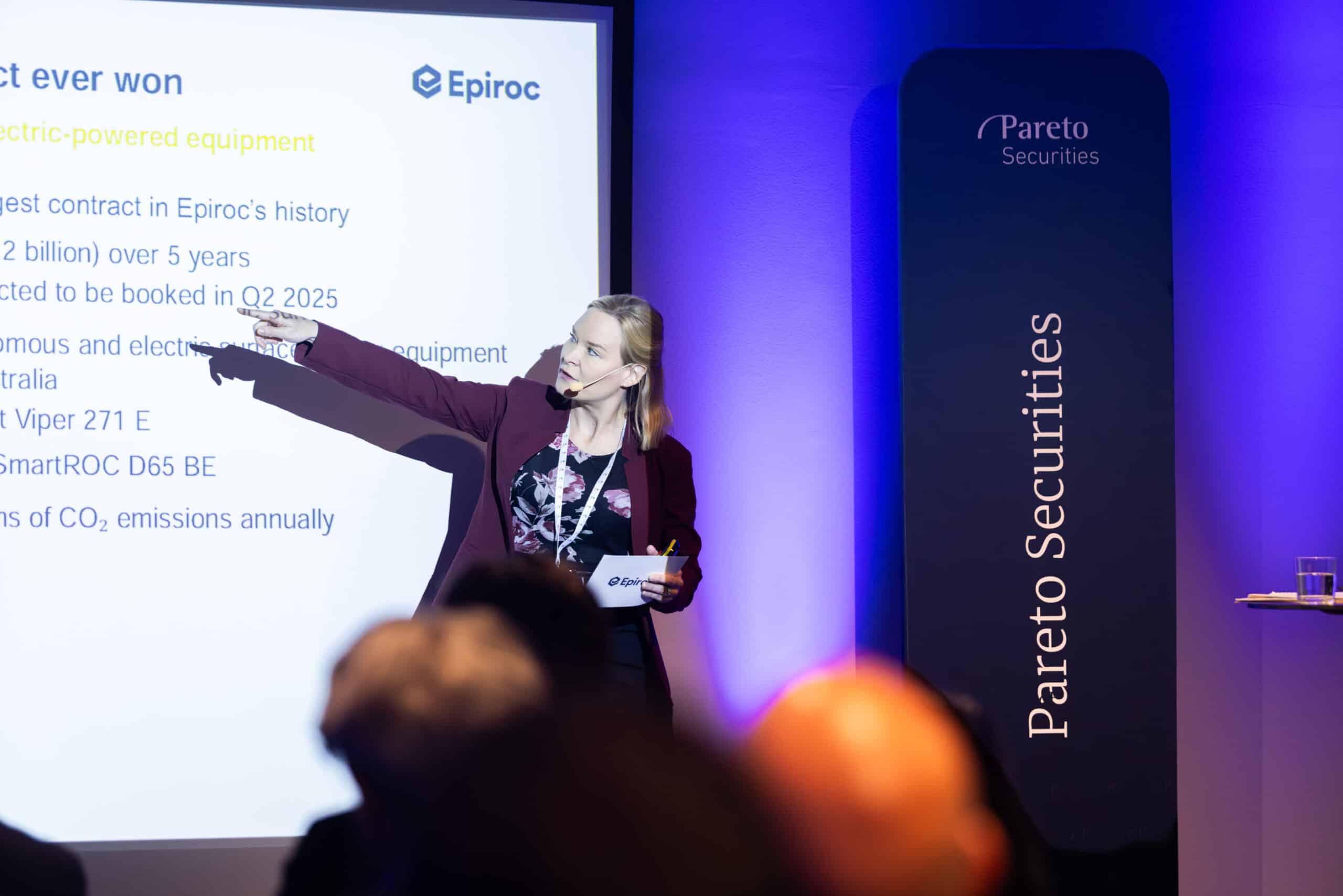Epiroc’s head of IR Karin Larsson presents a strong argument to improving the IR-hedge fund relationship
I have been working as an IR professional for almost 15 years. To my continued surprise, I still meet peers who remain negative around hedge funds.
In fact, they actively seek to minimize interaction. And if they do allow such meetings, they squeeze hedge fund managers into large group meetings, normally led by IR rather than management.
To me, this approach is counterproductive. The role of the IR department is to safeguard a fair valuation of the share by communicating correctly to all relevant corners of the financial markets. I strongly believe that open doors and strong relationships improve liquidity and generally lead to a fairer – and to be honest, often higher – valuation. And this belief is reflected in Epiroc’s own meetings with the hedge fund community.
Since Epiroc was listed, the company has been trading at a premium versus peers (with an average trailing price-to-earnings ratio of 28) and it is well known for qualities such as a large aftermarket and market leading innovations. In the Epiroc IR department, we hold more than 400 meetings and calls with the buy and sell side each year – of which some 20 percent are with hedge funds. Of those meetings led by our CEO, hedge funds join 25 percent.

Enjoy access to this and more – for free!
Log in or create your free My IR – Essentials account to:
- Get access to 3 free IR deep dives
- More than 100 pieces of insight, plus our exclusive CFO interviews
- Save favorites and get personalized content on your dashboard
- Enjoy 10% off all IR forums







